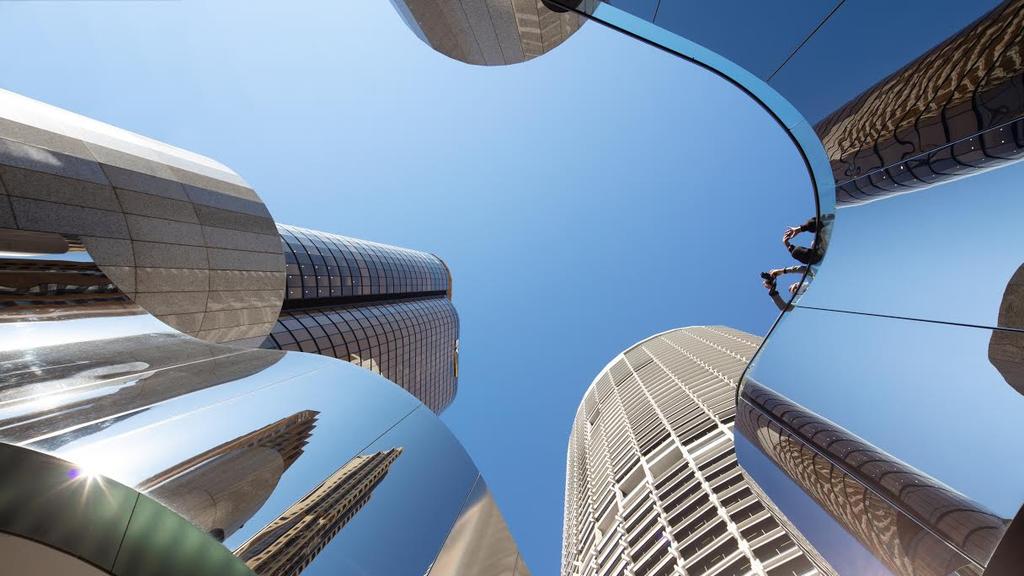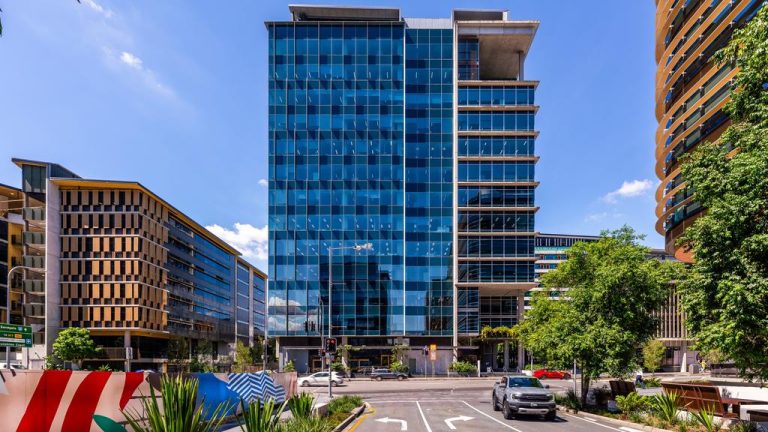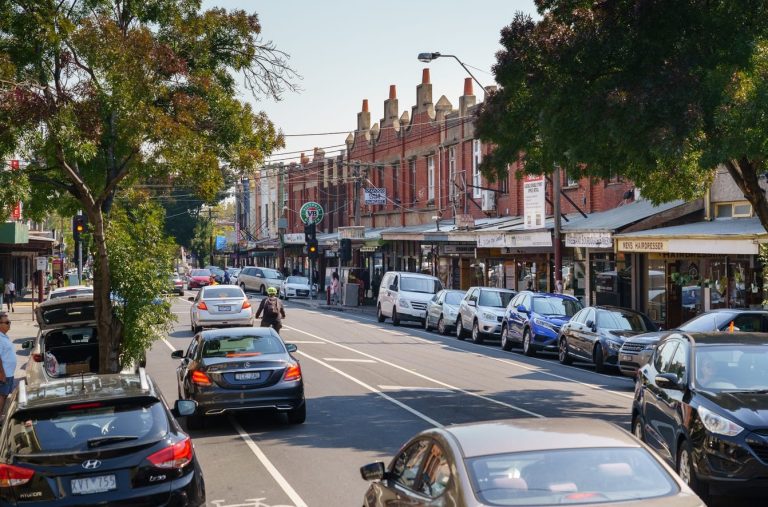Chinese sovereign fund to exit $1bn Grosvenor Place deal as US giant Blackstone steps in

China Investment Corporation is pulling out of a deal to boost its stake in the $1.8bn Grosvenor Place in Sydney.
Chinese sovereign wealth fund China Investment Corporation is retreating from buying half of the $1.8bn Grosvenor Place tower in Sydney’s CBD, amid heightened political tensions with Australia.
The company was sitting behind the purchase of the half interest in the city landmark, which would have marked the largest deal in commercial property this year, but it is no longer going ahead with the transaction according to industry players.
The property deal is likely to instead proceed with US private equity house Blackstone as the buyer, which comes amid greater uncertainty about the intentions of Chinese businesses in Australia.
Many are deeply embedded with existing operations and are growing, but others are heading for the exits as the climate turns against them.
The deal on the Sydney tower was billed as the marquee transaction in office skyscrapers in the wake of the coronavirus crisis and will still contribute to the fierce pace of office deal-making with more than $6bn of towers on the block.
The pull back comes at a time of heightened political tensions between Australia and China despite the transaction winning approval from the Foreign Investment Review Board several months ago.
The reversal could signal a cooling in Chinese attitudes towards Australian real estate but some other projects are proceeding.
In the case of Grosvenor Place, the revised property transaction would see the ASX-listed Dexus and Canadian pension fund partner CPP Investment Board sell their 50 per cent stake to the US investment house Blackstone.
At the same time local listed company Mirvac, which oversees CIC’s existing 25 per cent stake in the building, could help orchestrate the sale of that interest to Blackstone, industry players said.
The remaining 25 per cent of the building is owned by the Commonwealth Superannuation Corporation.
The parties have refused to comment but the deal has been publicly in limbo for months while behind the scenes negotiations were worked through to both approve the Chinese capital and line up a potential replacement in the form of Blackstone.
The US investment giant is thought to have gained FIRB approvals for the move and it has close ties to manager Mirvac, which should help facilitate the transaction.
In the meantime, the Chinese fund’s deal with the vendors stands, and they will not be affected by the switch of purchasers as the price and settlement schedule remain on track, sources said.
The move signals both the harsher political environment is impacting commercial transactions but also the solutions that corporate Australia is coming up with in order to get them done.
The complex balance to encourage Chinese investors into Australian real estate while at the same time not allowing them access to a strategic sites is likely to continue in coming years.
While the Grosvenor deal was not in that category property companies have told the Australian that the government had heightened its scrutiny of transactions involving foreign buyers, particularly from China.
China may also be reluctant to keep more capital into parts of the Australian market, as some of its developers have struggled in the local environment.
China is undertaking its own crackdown on wealthy billionaires in its own country and has faced ructions as a result of the problems that have hit Evergrande.
That Chinese developer may have pulled back from the brink of collapse but could drive further problems for the global financial system, particularly if it triggers a crisis in Chinese bank lending.
The Chinese sovereign fund picked up its initial interest in Grosvenor when it bought the Investa office portfolio for about $2.5bn in 2015 and handed management of some buildings to Mirvac.
These are not involved in the current deal but the sovereign fund is undertaking a reweighting exercise on its portfolio, property executives said.
CIC still remains a big investor in Australia and is a substantial holder in industrial property behemoth Goodman, which also has extensive business in China and Hong Kong.
Property major Lendlease also has Chinese operations although they do not make up a large part of its global exposure.
The restructured deal would see Dexus still sell its tower stake at a big price – although slightly below pre-crisis levels – and allow Blackstone to keep its mantle of doing fast opportunistic property deals on a scale that few can match worldwide.
Blackstone separately has close ties with CIC and has a close relationship with the sovereign fund, although it sold down its stake in the US company in 2018.
Beijing has deterred spending on luxury hotel and apartment projects in foreign capitals and prompted high-profile groups to unload assets, including Dalian Wanda and HNA, both of which sold assets in Australia.
Federal government scrutiny shot up in the wake of the coronavirus pandemic, when rules were tightened to review all deals to ensure that assets were not sold off cheaply as the pandemic broke out, although little distress emerged.
Since then the government has lifted the zero-cap limit on FIRB deals and scrutiny has focused on assets with exposure to data flows or other national security implications.
The CIC deal was to have been a watershed for commercial markets, which have quickened across major central business districts as lockdowns are lifted, and as it goes ahead will show the country’s best towers will suffer a dip in value but avoid the cataclysm initially feared when the pandemic broke out in Australian cities.
The transaction, brokered by CBRE and JLL, was flagged by The Australian last year in September when CIC edged out rivals in the contest for the interest in the tower, in one of the first signs that international players would back the recovery of the nation’s office markets.
The George St skyscraper sits on a major site adjoining Circular Quay, in the northern part of the Sydney CBD, and the complex has 44 levels of prime office space.
Sydney has taken a hit in the latest lockdown but the tower is winning tenants, including Ord Minnett, which has taken a lease of more than 3500sq m in the Harry Seidler-designed complex.
Blackstone’s confidence in the market is on display as it will face some vacancy, as anchor tenant Deloitte departs for a new tower being developed by AMP Capital.
Dexus had an economic interest of 37.5 per cent, with the Canadian group at 12.5 per cent, in Grosvenor.
Blackstone, Dexus and Mirvac declined to comment on the deal and CIC did not respond to an inquiry.







